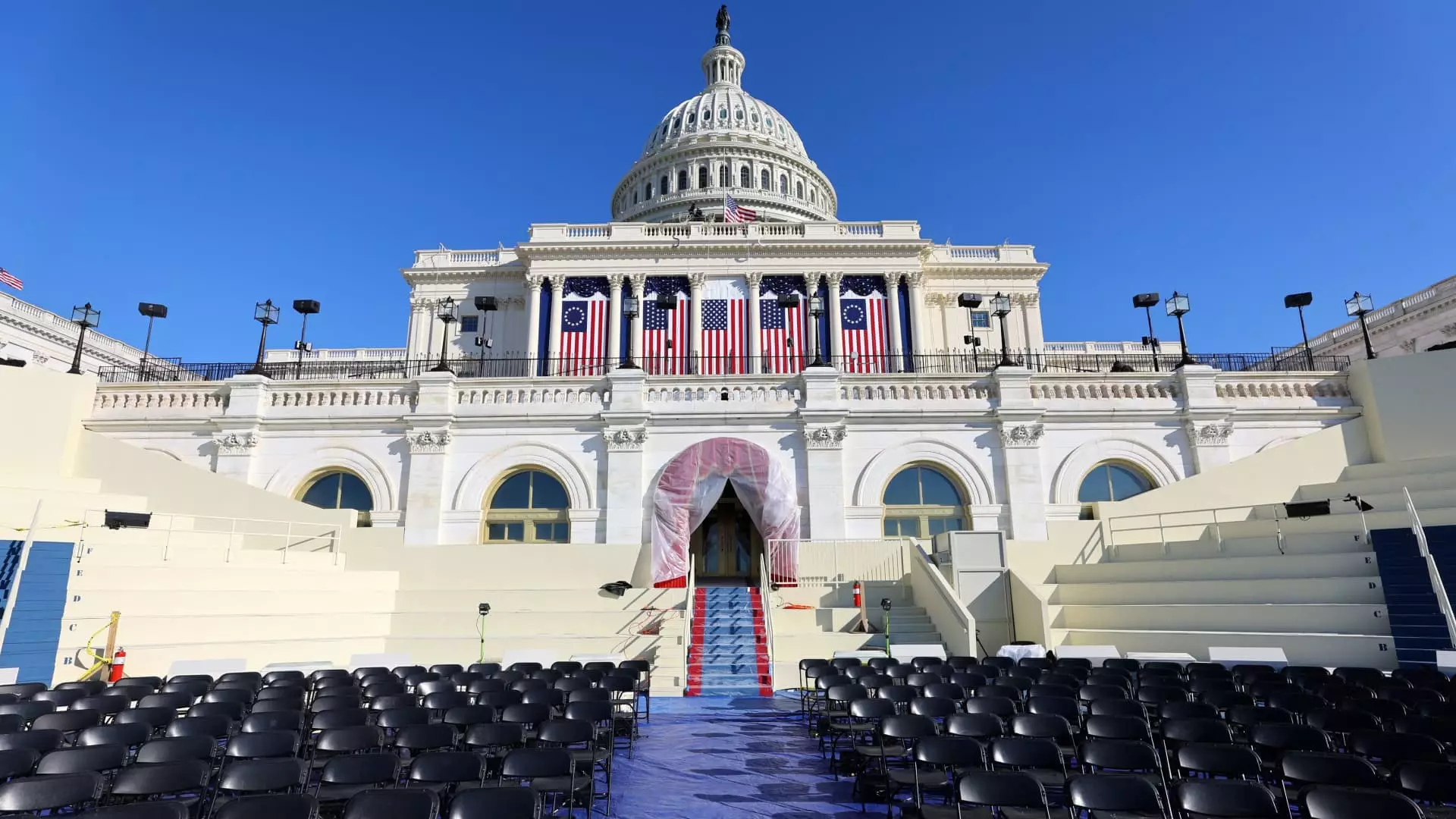As the transition of power draws near, the spotlight shines brightly on the financial practices surrounding presidential inaugural committees. With the incoming president’s inaugural events attracting massive donations from corporations and wealthy individuals, there’s an urgent call for more transparency in how these funds are allocated. The proposed legislation by Senate Democrats reflects a growing concern that the inauguration, a symbol of democratic values, may become a platform for unethical financial practices and cronyism.
The Legislative Response
Senator Catherine Cortez Masto of Nevada is at the forefront, advocating for the “Inaugural Committee Transparency Act.” This legislation sets stringent rules that require inaugural committees to publicly disclose significant details about their expenditures. By mandating the disclosure of anyone paid over $200, as well as the purpose behind each transaction, the proposal strives to shed light on what many perceive as a potential avenue for abuse. Cortez Masto’s assertion that inaugural committees should not facilitate personal gain underscores the fundamental principle that political events should remain in the public interest.
One of the most notable provisions of the proposed bill is the requirement for inaugural committees to donate any unspent funds to a qualified charity within a specified timeframe. This approach not only promotes accountability but also reinforces the notion that leftover funds should serve a societal purpose rather than line the pockets of organizers or donors. Furthermore, the prohibition against using contributions for personal benefit addresses a critical loophole that could otherwise lead to corruption.
The Growing Influence of Money in Politics
The issue of financial transparency is magnified against the backdrop of ballooning donation figures. Donald Trump’s inaugural committee raised unprecedented sums in 2017, a record that may soon be eclipsed by his upcoming inauguration. Reports indicate that the second inaugural committee could amass around $200 million, attracting the attention of corporate giants eager to establish rapport with the administration. Such significant financial backing raises pertinent questions surrounding the influence of money on political agendas, making clear the need for tighter regulations.
Despite existing regulations, the lack of binding requirements regarding the expenditures of inaugural committees creates a disturbing transparency gap. While donations over $200 are reported, there remains no obligation for committees to disclose how they ultimately spend these funds. Moreover, the uncertainties surrounding leftover money from previous inaugurations leave citizens and watchdog organizations concerned about potential misuses of funds.
As the upcoming inauguration approaches, it’s crucial for lawmakers to prioritize ethical accountability as part of the democratic process. The “Inaugural Committee Transparency Act” is a significant step in the right direction, proposing measures that could reshape how future inaugurations handle enormous sums of money. The complexities surrounding campaign financing and political donations only add urgency to these reforms. Ultimately, enhanced transparency is essential not only for restoring public trust but for ensuring that the heart of American democracy is not overshadowed by financial interests.

